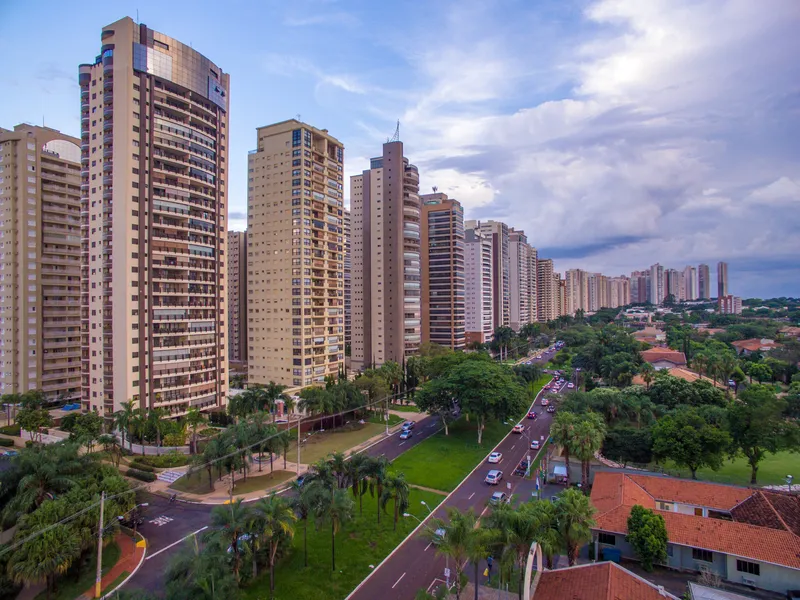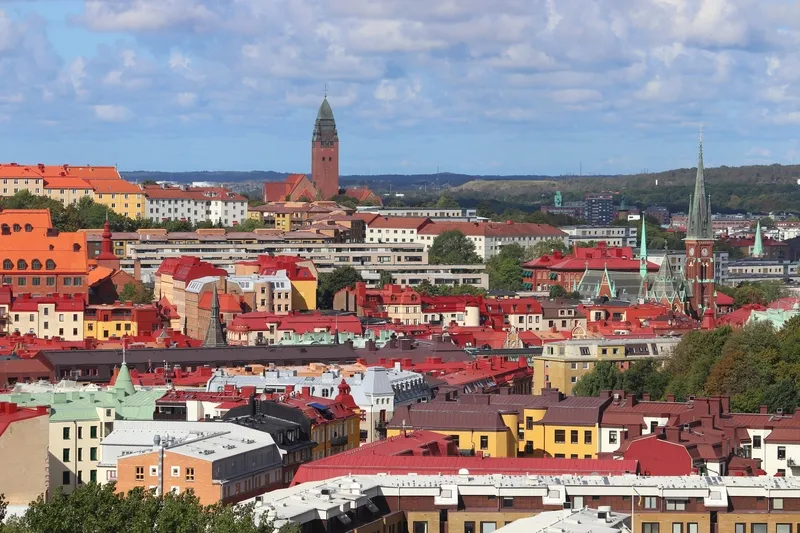
Ribeirão Preto in Brazil is transforming into a Smart City through the implementation of an intelligent transportation system from Austrian traffic management firm Kapsch TrafficCom.
Ribeirão Preto is a municipality and metropolitan area of around 720,000 people in the north-eastern region of São Paulo state.
The newly-installed Kapsch system integrates traffic light control, variable message signs and traffic and infraction monitoring through a network of hardware and software. The ongoing roll-out includes the installation of 150 cameras and the upgrade of 200 intersections with intelligent traffic lights along the primary public transport routes in Ribeirão Preto.
Kapsch TrafficCom said the system adapts dynamically to changing traffic conditions in order to optimise traffic flow and enhance the efficiency of public transportation networks.
"Urban centres equipped with precise, high-tech monitoring systems represent the next frontier in city management," said David Niño, systems engineering manager at Kapsch TrafficCom. "Our technology enables city managers to pinpoint and address critical areas through a comprehensive network of cameras."
The integration of the camera network enables authorities to more effectively monitor focal points throughout the city and identify potential vehicular infractions. The company’s open protocol systems are designed for seamless integration, facilitating comprehensive mobility management.
Kapsch's ITS solutions are operational across 10 Brazilian states, including São Paulo, Rio de Janeiro and Rio Grande do Sul, enhancing the performance of roads, tunnels and toll systems.
Kapsch TrafficCom, based in Vienna, has subsidiaries and branches in more than 25 countries and is listed in the Prime Market segment of the Vienna Stock Exchange. In its 2023-24 financial year, about 4,000 employees generated revenues of €539 million.









